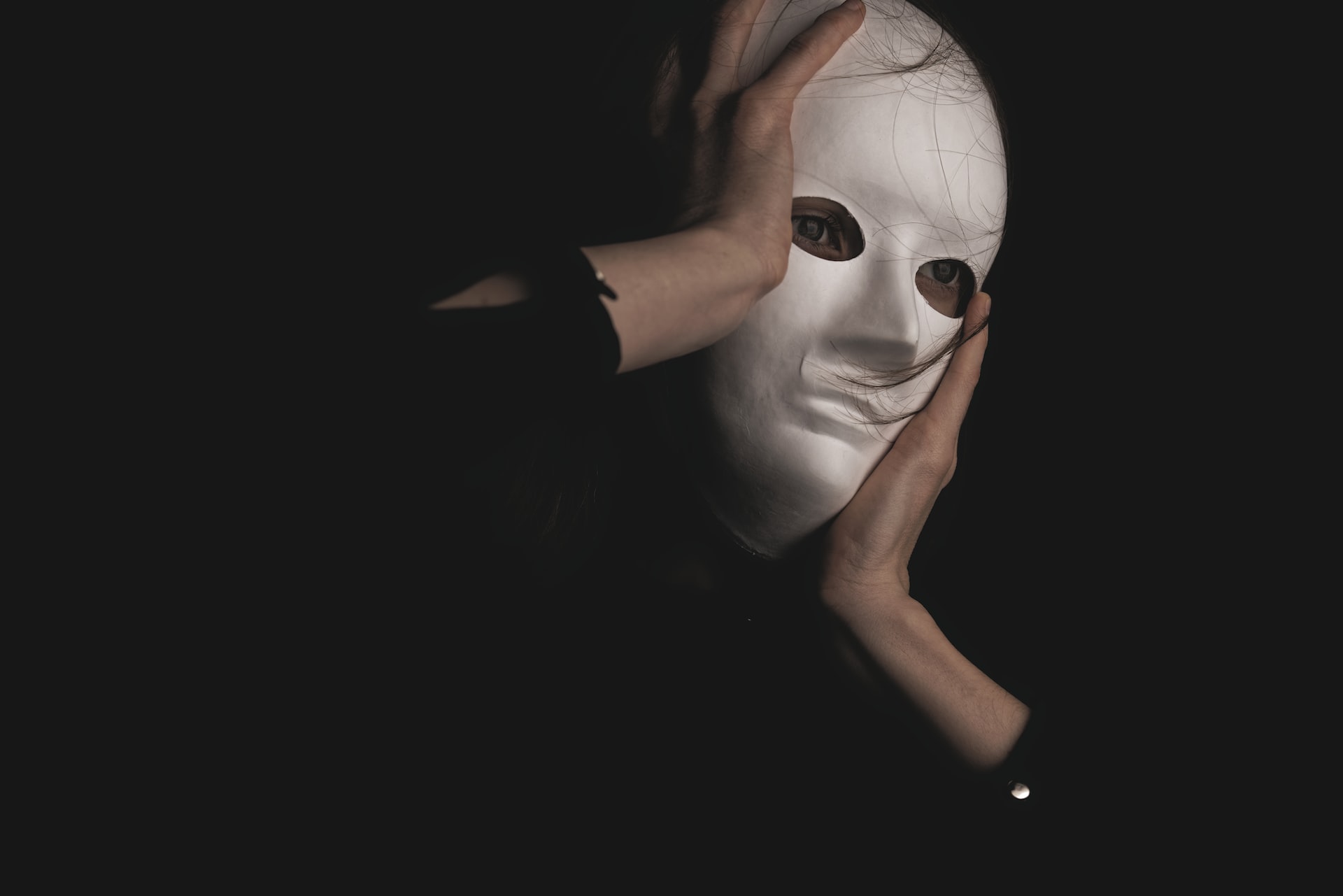Mary took a deep breath, put on her best grin-and-bear-it smile, and knocked on the door of her friend’s home. Somehow, she had gotten herself into a schedule where she always had something going on, but none of it seemed to be her first choice. Mary was known for her so-called confidence and full social life, but she suddenly realized just how insecure and alone she still felt.
It was as if someone else had chosen everything in her life for her. Her days and activities were reduced to what everyone else wanted. Her hopes and uniqueness faded into the background as she became the person others expected. As Mary waited at the door, she dreaded the loneliness she knew she would feel amidst these friends.
Do you ever find yourself feeling like Mary? Do you catch yourself wondering how people would react if you were to expose your true self? For many people, a significant disconnect exists between their outward identity and their true selves. People desire the freedom to be themselves, but more often than not, the fear of rejection or disapproval drives them to compromise their individuality.
DOES ANYONE KNOW THE REAL YOU?
Many of us spend our lives wearing different masks or façades. We wear some of these masks to cover up parts of ourselves we don’t like, and keep others around to change how people see us. The more masks we wear, the deeper we hide our true selves.
Wearing these masks constantly causes us to feel alone. A popular quote says, “You are only ever loved to the extent that you are known.” We cannot feel loved for who we really are as long as we are not known as who we really are. At the same time, we fear we will be rejected if we expose our true selves. This frustrating cycle keeps our real selves masked and our relationships shallow and unfulfilling.
Additionally, as humans, we have a natural desire to change and progress, but because of our need to please others, too often, the motivation for change is the external effects it might have rather than its innate worth. This type of change never lasts, and we end up back at square one, feeling unknown and unloved, not to mention unchanged.
THOUGH THERE ARE MANY MASKS A PERSON CAN CHOOSE TO WEAR, THERE ARE TWO THAT ARE VERY COMMON.
- Masks to cover pain. These are the smiling masks we wear when everything in our lives is crashing down around us. Taking this mask off would mean admitting that we’re not okay. We’d have to face the possibility that there might not be anybody to help us. This kind of self-awareness calls for deep change. Because of the fear of failure, this is a challenge most people are not comfortable with. It takes a deep strength to remove this mask, but it can be done.
- Masks to cover shame. These are masks that scream self-confidence or pride in material possessions, even when the person wearing them feels worthless. We use these masks to point others to parts of ourselves that we like, or to help them notice the things which we hope give us worth. Masks like these serve as a distraction to keep outsiders from looking to where our flaws and shame lie. They pull people’s attention away from our true selves, from our humanity.
SOME GRAINS OF TRUTH
We wear these masks with good reason. We have all felt our fair share of pain and rejection. Yet, we still want to be known for our true selves. How do we resolve this dichotomy? Is it possible for us to become okay with letting our masks down while being fully aware of the risk factors involved?
The possibility of freedom to be ourselves will always get beat out by the likelihood of rejection unless we can know we are perfectly safe from that pain. Other people, however, cannot make this guarantee. Just like us, they are human and flawed. They might not be able to be there when we need them and often fail us even when they try their hardest not to.
Your Next Step:
“The journey of a thousand miles begins with the first step.” The first step to knowing your real identity is to know that you are loved and forgiven. You can experience this by knowing Jesus personally.







